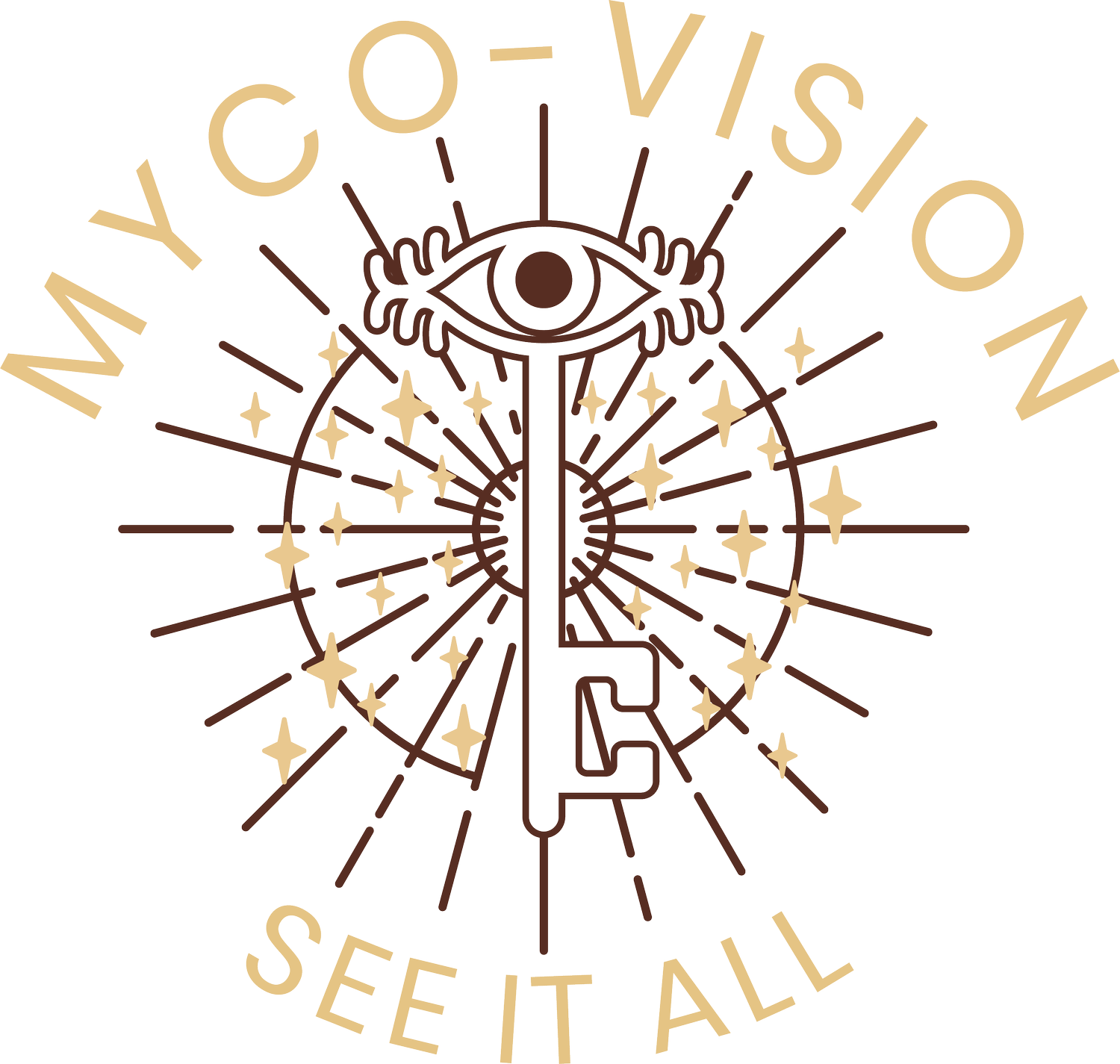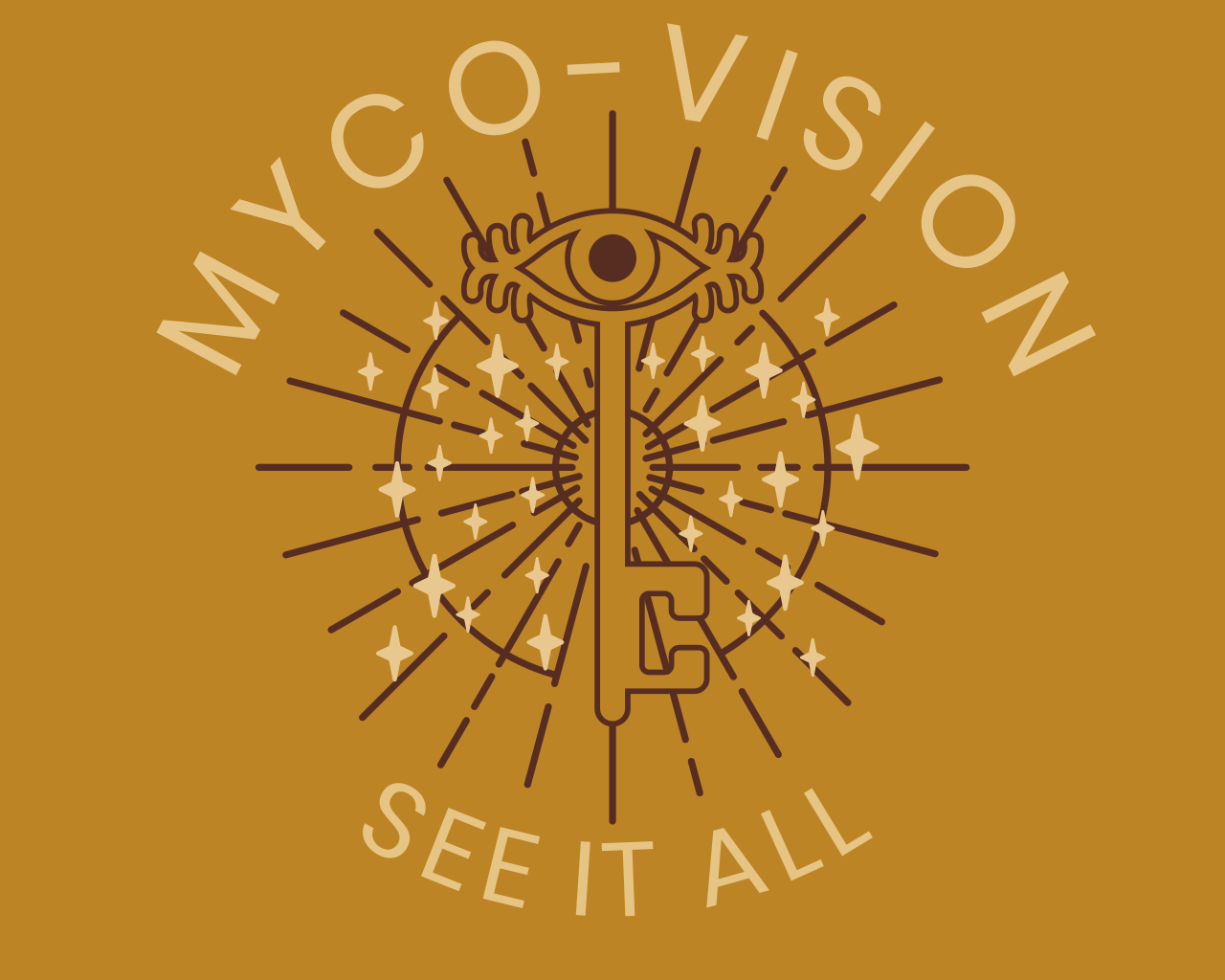What is an "Open" Mind
There is a lot that has been said about psychedelics and their power to "open your mind". But what does having an open mind really mean? Is it possible to have a truly open mind while staying attached to our need for rules and an order to things that suits us? The answer seems obvious, but then how, as ethical and opinionated humans attached to a strong moral compass can we allow our minds to be utterly opened?
In a world that often demands certainty and definitive answers, embracing the freedom of not knowing can be a transformative and liberating experience. It opens up a world of possibilities, replacing rigid thinking with curiosity and ease with the unknown. When we release the need for absolute answers and instead embrace the beauty of uncertainty, we can cultivate an open mind that allows for personal growth and a deeper connection with ourselves and others.
By letting go of the burden of needing to have all the answers, we shift our perspective from a place of rigidity to one of goodwill. We no longer feel the pressure to impose our own beliefs and values onto others or to seek validation for our own stance. Instead, we can approach different perspectives with a sense of curiosity and detachment, leading to respect for the autonomy of others. Each individual is granted the right to make their own choices based on their personal ethics, experiences, and beliefs. To have this for ourselves we must commit to allowing it for others.
When we embody the spirit of open-mindedness, we acknowledge that we do not hold all the answers and that our knowledge is limited. We recognize that there is always more to learn, and this realization invites us to remain in a state of curiosity and exploration. With an open mind, we become willing to consider alternative viewpoints, challenging our own assumptions and expanding our understanding of the world.
Embracing the freedom of an open mind allows us to engage in meaningful dialogue with others. Rather than engaging in debates fueled by the need to be right, we can approach discussions with a genuine desire to listen and understand. We become active participants in the exchange of ideas, seeking common ground and the opportunity for mutual growth and connection.
Along this journey, we may encounter individuals who hold different beliefs, values, and opinions from our own. In the past, this may have caused tension and conflict as we sought to impose our own ideas as the "correct" or "superior" ones. However, with an open mind comes the realization that others' choices and perspectives do not define us or threaten our own autonomy. We have the power to remain unaffected by the choices of others and to create healthy boundaries that honor our own beliefs and values, without diminishing the autonomy of others.
Navigating the unknown can be challenging, as it requires us to relinquish control and embrace uncertainty. However, it is within this space of uncertainty that true growth and transformation can take place. By releasing the need for a rigid order that aligns solely with our personal belief system, we open ourselves up to the beauty and complexity of the world.
When we approach the unknown with an open mind, we embark on a journey of self-discovery and connection. We become more attuned to our inner wisdom and intuition, allowing them to guide us through the mysteries of life. We tap into our authentic selves and discover a sense of liberation and empowerment that comes from embracing the unknown.
The freedom that an open mind allows for in not knowing is a gift that can change our lives in profound ways. It replaces rigidity and the need for absolute answers with curiosity and ease with the unknown. It transforms inflexible thinking into goodwill, honoring the personal autonomy and decision-making of each individual. By embracing an open mind, we embark on a journey of personal growth, connection, and a deeper understanding of ourselves and others. May we find the courage to let go of certainty and become explorers of the profound mysteries that lie within and without.


